1,000 Palestinian prisoners to stage mass hunger strike in Israeli jails
Around 1,000 Palestinian prisoners are set to launch an indefinite mass hunger strike in Israeli prisons across the occupied territories on Thursday in protest against the regime’s custodial repression under the so-called 'administrative detention policy'.
The Supreme National Emergency Committee of the National Captive Movement made the announcement in a statement on Wednesday, saying the inmates are “united against the occupying Israeli regime’s prison system, backed by a national leadership, and armed with unity.”
The committee noted that the strike will run parallel with other protests against repressive measures being taken by prison wardens and authorities.
The Israeli regime, the committee added, should face pressure from national, regional and international organizations and governments in response to the demands of the prisoners, who have been booked under flimsy and unsubstantiated charges.
“Everyone should work towards exposing Israel's hateful, racist policies,” it said.
Meanwhile, Palestinian President Mahmoud Abbas has warned that any harm to inmates would inflame the situation further.
He warned in a statement on Wednesday that an uptick of Israeli brutal measures against Palestinian prisoners will exacerbate the status quo both inside prisons and across the occupied territories.
He underlined that the Israeli treatment of Palestinian prisoners violates international humanitarian laws and principles, particularly the Fourth Geneva Convention, which pertains to the protection of civilian persons in times of war.
Abbas held the Israeli regime fully responsible for the lives of all Palestinian prisoners, stressing that the Palestinian Authority and all Palestinians stand by the inmates in their battle to defend their dignity.
He said he is closely following up on Palestinian prisoners’ suffering, and that he would demand the international community during his forthcoming UN General Assembly speech to assume its responsibilities and stop ongoing Israeli acts of aggression, raids, illegal settlement construction activities, desecration of holy sites, home demolitions and extrajudicial killings.
On Tuesday, the so-called Israeli High Court of Justice Court rejected a petition for the release of Palestinian prisoner Khalil Awawdeh, who has been on hunger strike for nearly six months against his continued detention without charge.
Neurologist Bettina Birmanns, who visited Awawdeh on Friday, said he was at risk of irreversible neurological damage and could die.
The Islamic Jihad resistance movement last month demanded that Awawdeh be released as part of the conditions of an August 7 ceasefire agreement that ended Israel’s three-day bombardment of Gaza, in which 49 Palestinians, including 17 children, were killed.
However, Israeli officials denied this and remain adamant that both Awawdeh and Bassam al-Saadi, a senior Islamic Jihad figure from the northern West Bank city of Jenin, will be kept in detention.
Over 7,000 Palestinian prisoners are currently held in some 17 Israeli jails, with dozens of them serving multiple life sentences.
Israeli authorities keep Palestinian prisoners under deplorable conditions lacking proper hygienic standards. They have also been subject to systematic torture, harassment, and repression all through the years of Israel’s occupation of the Palestinian territories.
According to the Palestine Detainees Studies Center, about 60% of the Palestinian prisoners in Israeli jails suffer from chronic diseases, and a number of them have died in detention or after being released due to the severity of their cases.
The Israeli NGO HaMoked said the Israeli regime now holds 671 Palestinian administrative detainees.
“The number of administrative detainees has increased dramatically over the past few months. This is outrageous. These detainees should be given a fair trial or released immediately. This sweeping use of administrative detention is unacceptable,” HaMoked executive director Jessica Montell said.
China slams US as ‘war-addicted’ threat to global security
China ‘firmly opposes’ US military aid to Taiwan
VIDEO | Press TV's News Headlines
President Yoon Suk Yeol to be removed from office
At least 19 Gazans killed by Israeli airstrikes since dawn: Medics
Leader: Iran neither has nor needs proxy forces
US fighter aircraft shot down ‘in friendly fire’ amid aggression on Yemen
Yemeni FM: Israel’s sponsors accountable for ongoing aggression on Sana’a


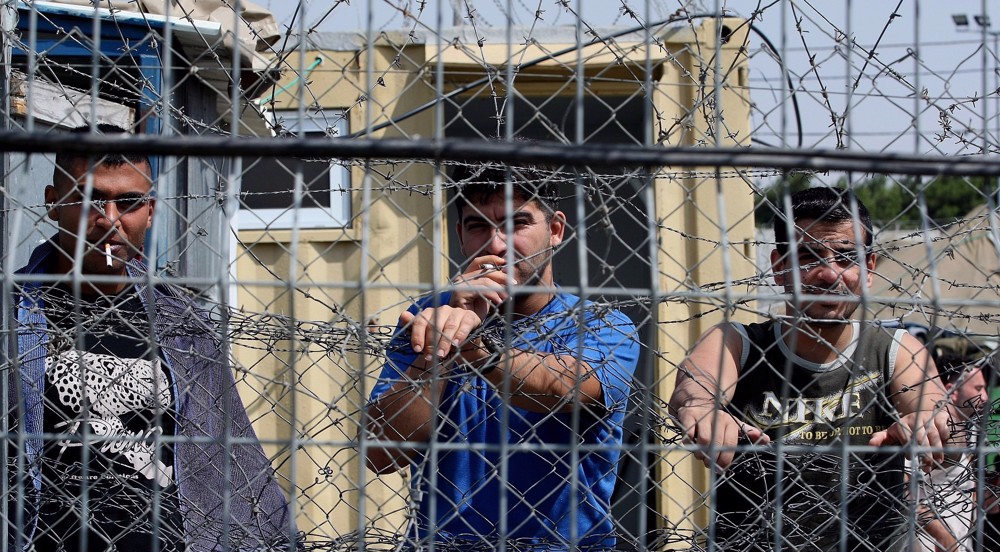
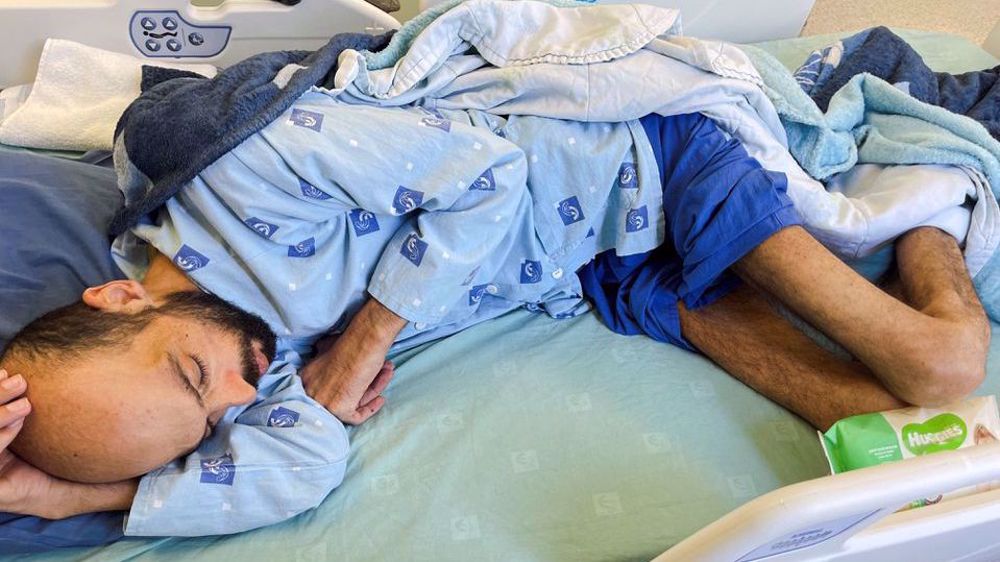
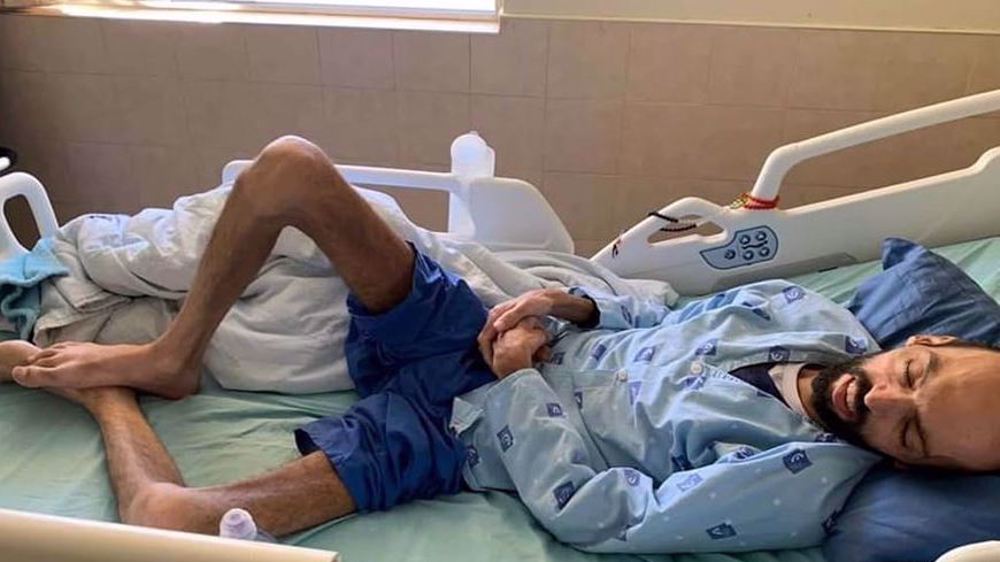

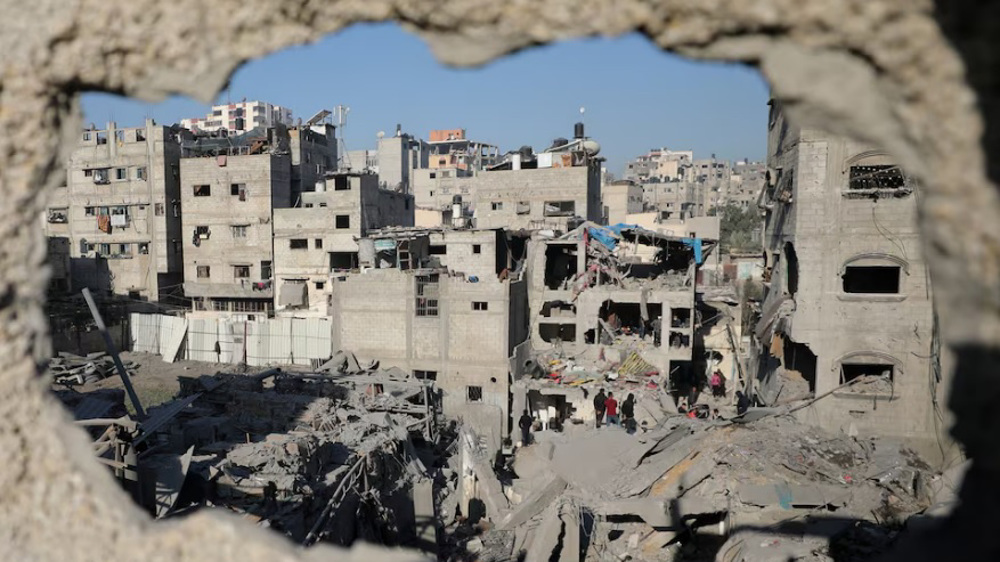
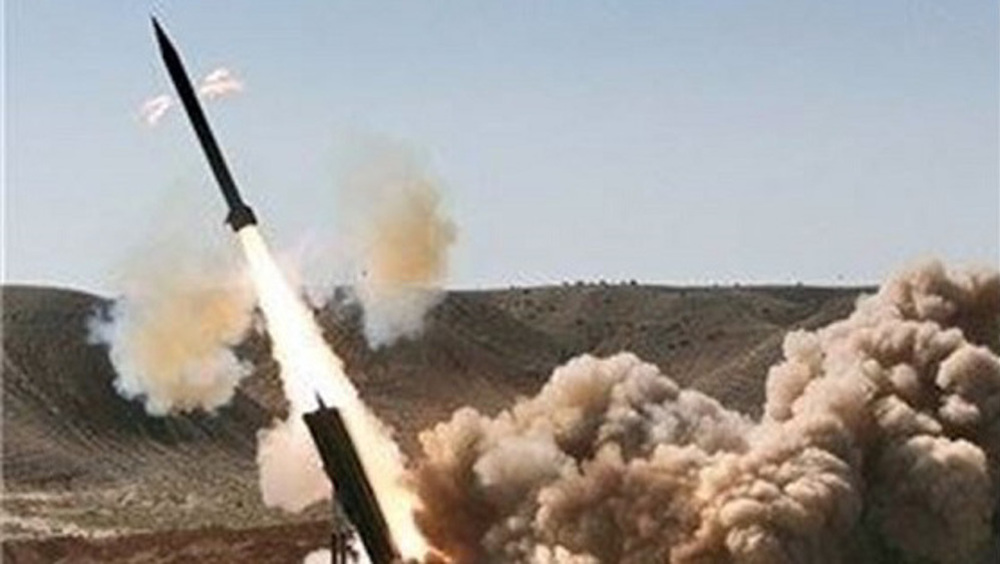



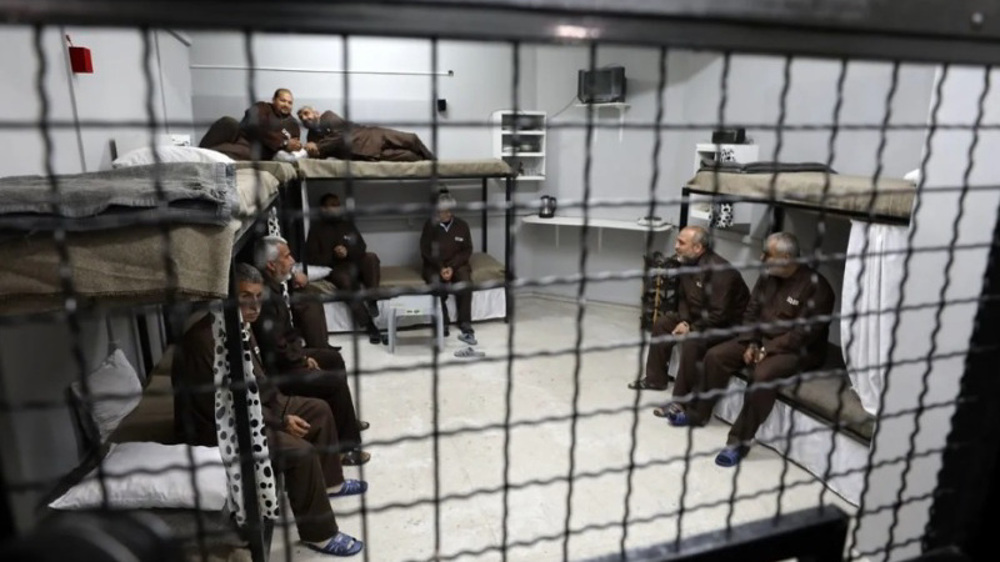
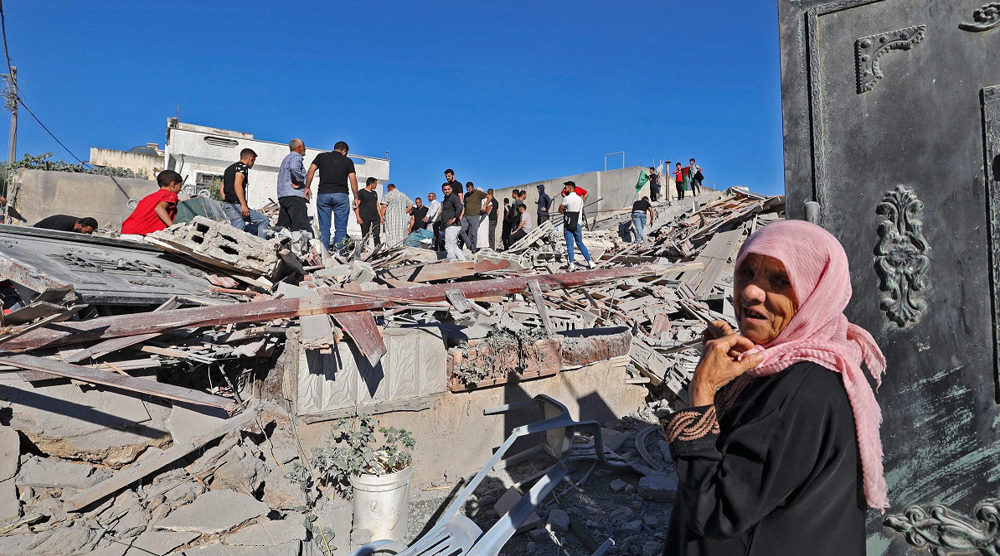
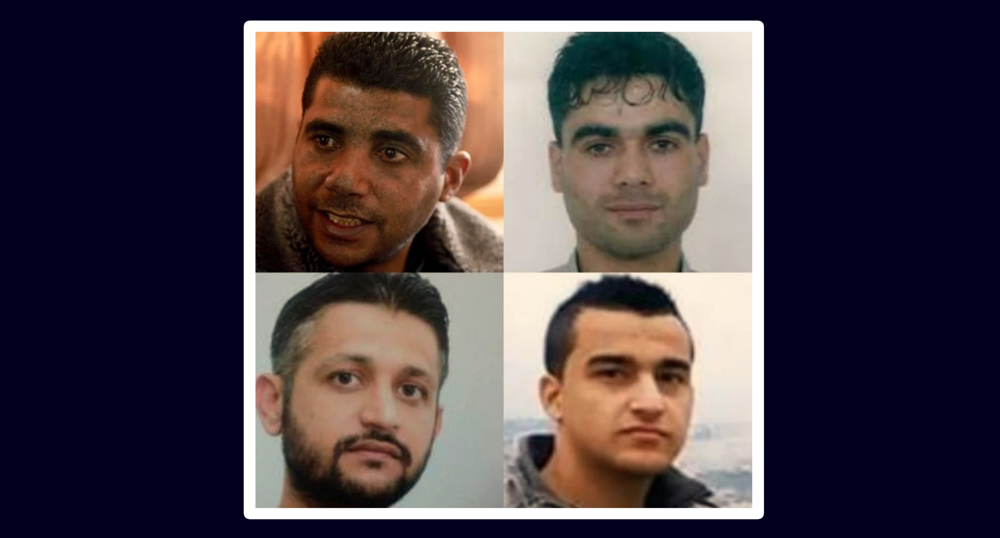
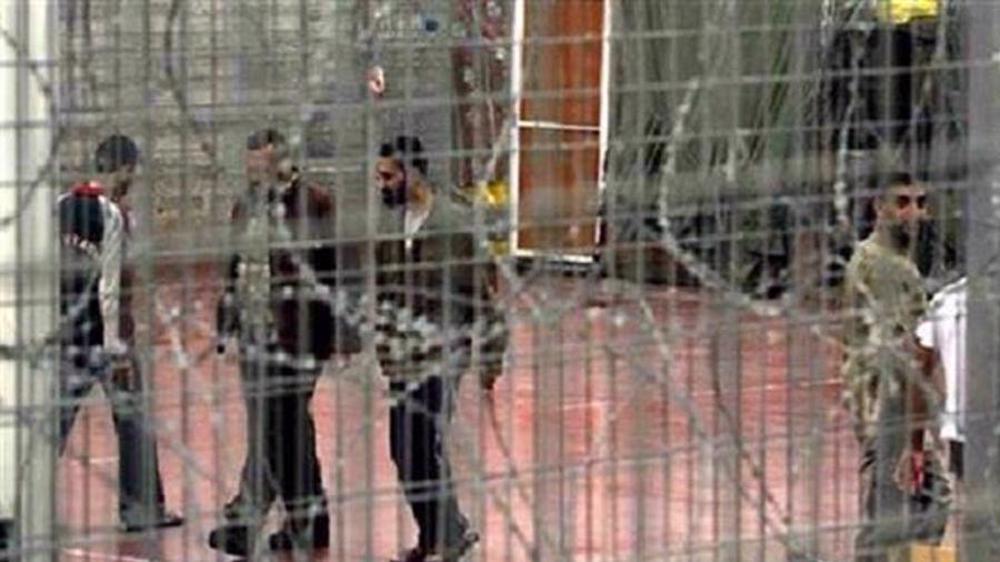
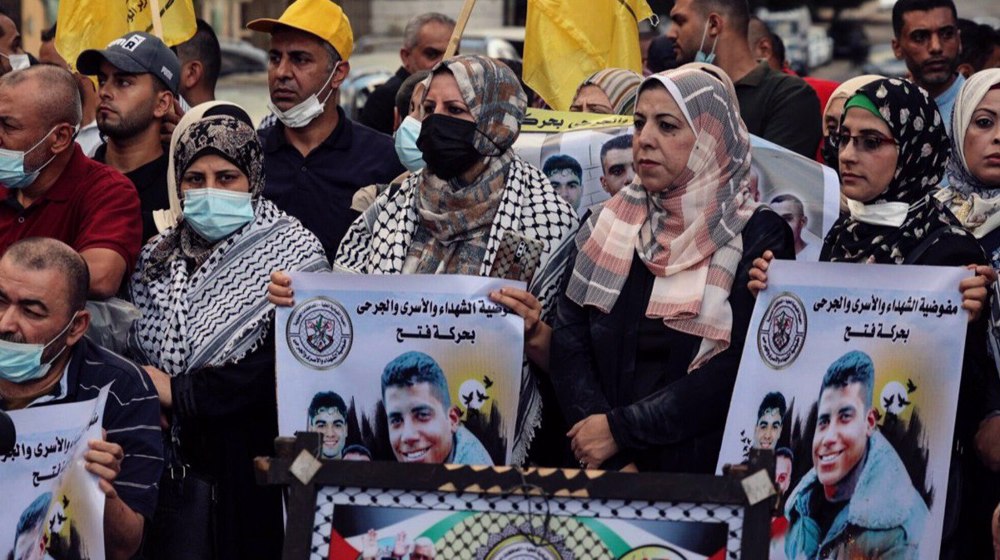
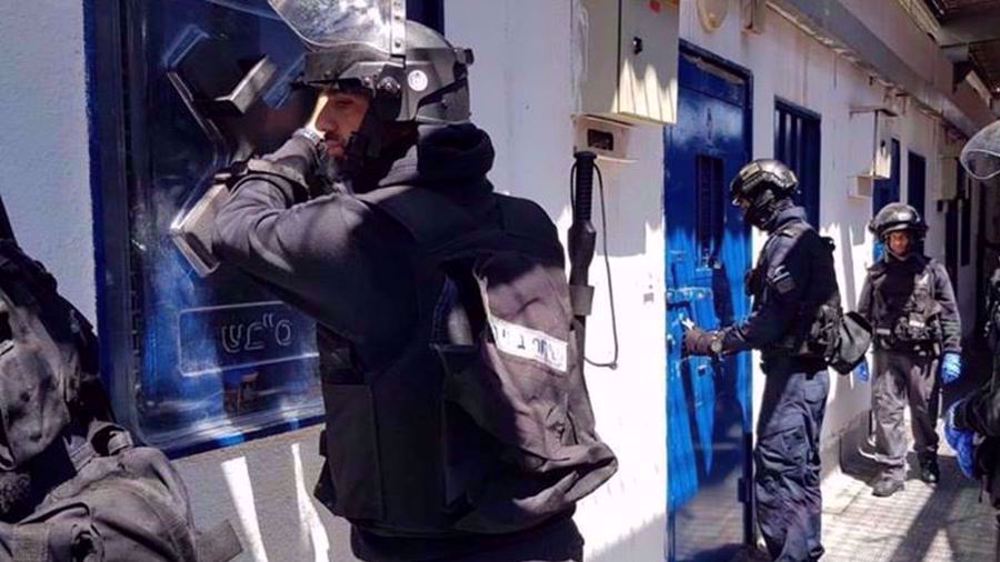

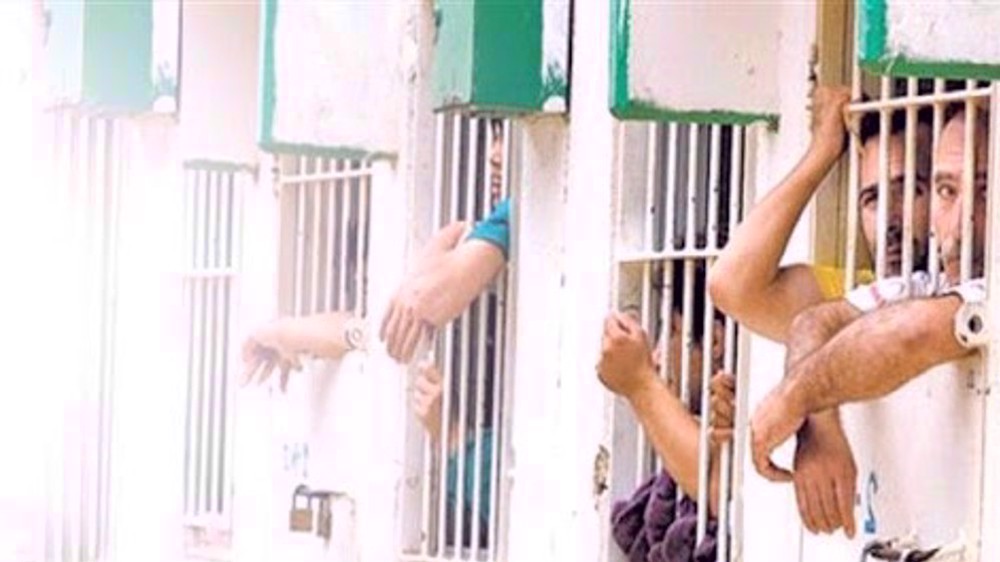
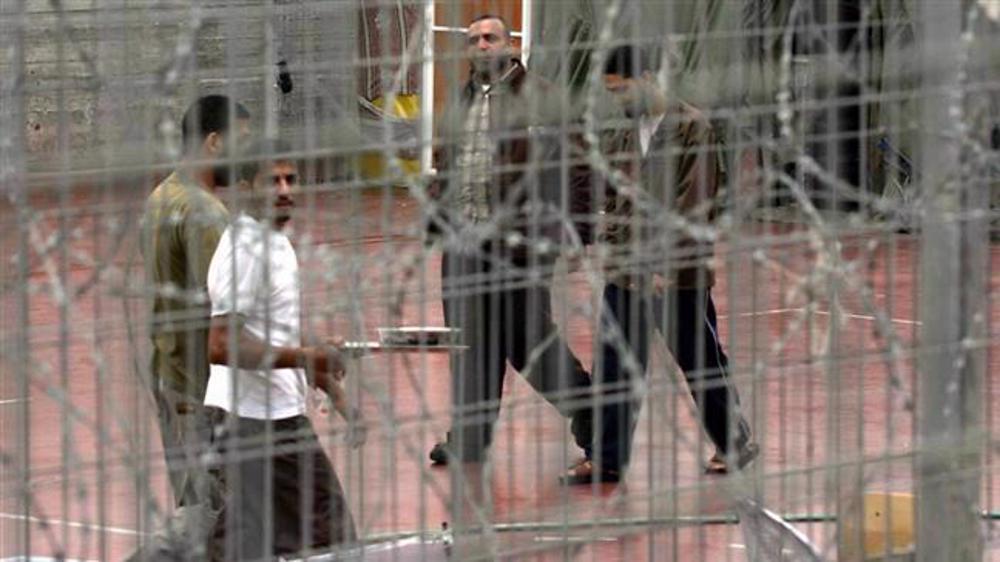
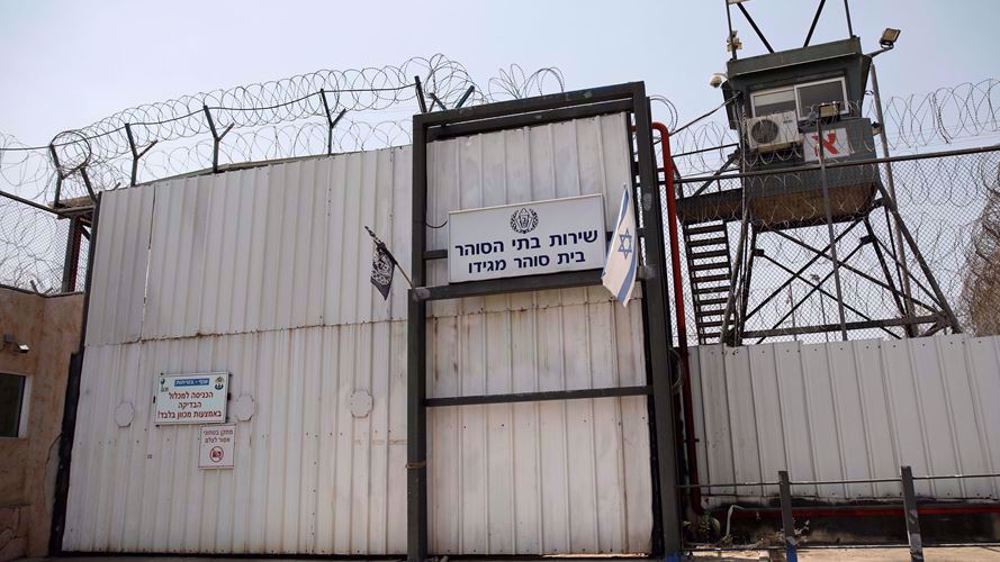

 This makes it easy to access the Press TV website
This makes it easy to access the Press TV website